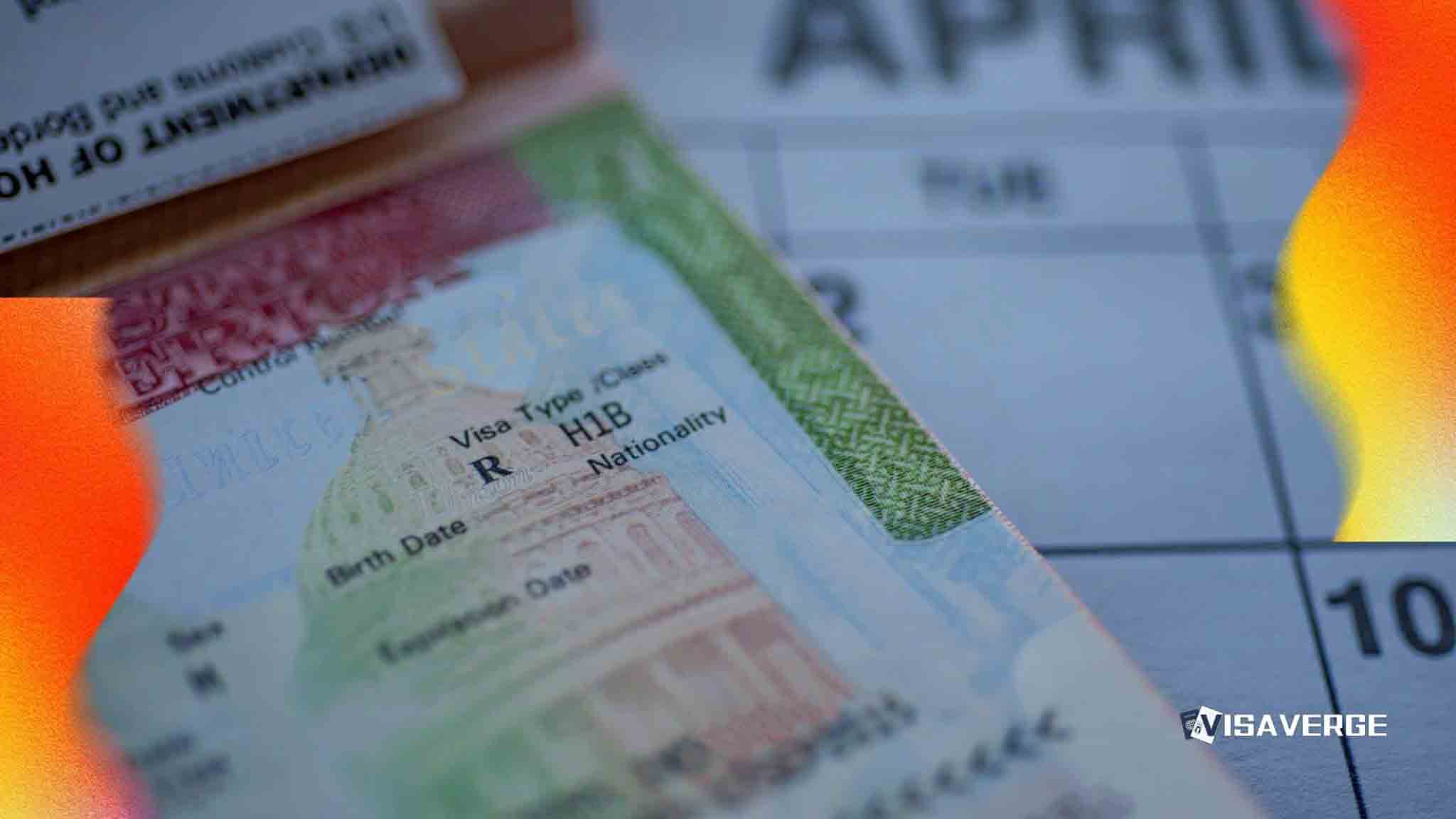What’s Behind the Quebec Immigration Debate?
The recent tensions between Quebec and Ottawa concerning immigration policies have surfaced prominently in political discussions. Karl Blackburn, president and CEO of the Conseil du patronat du Québec, has expressed concerns about this debate turning overly political instead of focusing on the reality of the labour market needs in Quebec. Blackburn decried the situation as “deplorable,” highlighting the disconnection between political maneuvers and economic necessities.

Why Is Premier François Legault Threatening a Referendum?
In the thick of this contentious dialogue is Québec Premier François Legault, who has recently threatened to trigger a “referendum” on immigration if the federal government does not swiftly respond to the province’s growing worries about temporary immigrants. According to Legault, “The majority of Quebecers think that 560,000 temporary immigrants is too much. It’s hurting our health-care system. We don’t have enough teachers, we don’t have enough housing.”
These comments came amidst Quebec’s call for stricter French-language requirements in federal immigration programs and a reduction in the number of asylum seekers and temporary workers.
How Has the Federal Government Responded?
Despite the stern demands from Quebec, Prime Minister Justin Trudeau has held firm on maintaining a shared control over immigration, a stance that has spurred further friction. However, earlier in March, Trudeau did acknowledge some of Legault’s points, showing agreement on the need to curtail the influx of temporary immigrants.
Federal Immigration Minister Marc Miller underscored the improbability of any country relinquishing total control over immigration matters. Still, he acknowledged ongoing discussions between federal and provincial levels, which have shown alignment on certain aspects such as limiting visas and safeguarding the French language.
What Impact Are Visa Cuts Having on Quebec’s Economy?
The disagreement has practical implications too. Blackburn highlighted the negative outcomes of visa cuts on Quebec businesses, especially following Canada’s reinstatement of visas for some Mexican nationals — a measure Quebec had advocated for to reduce asylum claims. Blackburn noted these changes are “already having direct effects” on Quebec’s businesses, limiting their ability to hire necessary workers. Additionally, he predicted that further reductions in temporary worker numbers would exacerbate the economic impact, harming consumers by limiting the availability of goods and services.
What Are the Real Causes Behind Services Shortages in Quebec?
Blackburn and several other experts argue that the shortage of services like housing, daycare, and education in Quebec is less about immigration and more about insufficient government investment in these sectors. He criticized politicians for unfairly pinning these shortages on immigrants, diverting attention from governmental shortcomings in addressing these essential areas.
What Does Research Say About the Surge in Temporary Immigrants?
According to Emna Braham, director of a research institute and co-author of a study on temporary immigrants, the surge can be attributed to a confluence of factors. These include a tight labour market, international recruitment by post-secondary institutions, and immigration programs aimed at increasing worker intake. Braham pointed out that these independent measures hadn’t been collectively assessed for their cumulative impact on the immigration flow into Quebec and Canada.
Should Quebec and Ottawa Reconsider Their Immigration Strategy?
Both Braham and Blackburn agree that Quebec’s decision to cap new permanent residents annually at about 50,000 has indirectly led to a bottleneck and a rise in temporary workers. Critics argue that aligning the immigration thresholds more closely with labour market needs could alleviate the current pressures. This situation underscores the necessity for both provincial and federal governments to develop a coordinated approach to immigration that addresses both long-term and immediate needs.
For more detailed information on Quebec’s immigration policies and processes, visit the official Government of Quebec Immigration website.
Conclusion
The ongoing debate over Quebec’s immigration influx is a complex interplay of political strategy, economic needs, and social infrastructure capacities. While Legault’s referendum threat has captured public attention, the underlying issues require nuanced discussions and strategies that align closely with Quebec’s demographic and economic realities. As both levels of government navigate this challenging landscape, the path forward will need to balance regional desires with national policies, ensuring a cohesive approach that benefits all stakeholders involved.
Learn Today:
Glossary of Key Terms
1. **Referendum:
A referendum refers to a direct vote in which an entire electorate is asked to vote on a particular proposal. This can often lead to a change in the law. In the context mentioned, Quebec’s Premier François Legault has threatened to hold a referendum on immigration issues to resolve conflicts over immigration levels and policies between the Quebec provincial government and the federal government of Canada.
2. Temporary Immigrants:
Temporary immigrants are individuals who enter a country for a specific purpose and for a limited period of time. This category can include tourists, students, temporary workers, and others who do not have the right to remain in the country permanently. Premier François Legault refers to the concerns regarding the high number of temporary immigrants overstressing public services like healthcare and housing.
3. Visa Cuts:
Visa cuts refer to the reduction in the number of visas issued by a government, often for specific categories of entrants like tourists, temporary workers, or asylum seekers. In Quebec’s context, visa cuts are seen as a measure to control the number of temporary migrants, particularly to manage or reduce the influx that affects local resources and services.
4. Asylum Seekers:
Asylum seekers are individuals who seek international protection from dangers in their home country, but whose claim for refugee status has not yet been definitively evaluated. The discussions around reducing the number of asylum seekers in Quebec refer to managing or limiting the entry of such individuals until their refugee status can be determined.
5. Federal-Provincial Immigration Agreement:
These agreements involve shared control and regulations over immigration policies between a country’s federal government and its provincial governments. In Canada, immigration is generally a joint responsibility, with both federal and provincial governments having roles in setting immigration levels and policies. The tension between Quebec and Ottawa often stems from disagreements over such agreements, particularly regarding who gets to control what aspects of immigration policy.
These terms are central to understanding the nuances of the immigration debate and policies not only in Quebec but in broader discussions of immigration policy in federated countries like Canada.
This Article In A Nutshell:
Quebec’s immigration tensions stem from diverging views on labor needs and political posturing. Premier Legault’s referendum threat echoes the province’s call for reduced temporary immigration. Ottawa defends shared immigration control. Experts stress the need for coordinated policies to balance economic demands and service shortages, urging alignment with labor market necessities.
— By VisaVerge.com
Read more:
-
Quebec’s Immigration Challenge: Premier Considers Referendum in Dispute with Trudeau
Explore the escalating tensions over immigration policies between Quebec’s Premier and Prime Minister Trudeau. -
The Impact of Rising Immigration in Quebec: Temporary Work Permits and Housing Concerns
Delve into the consequences of the increase in temporary work permits on Quebec’s housing market and local economy. -
Setting the Future: Canada’s 2024 Immigration Targets Revealed
Learn about Canada’s immigration targets for 2024 and how they aim to shape the country’s demographic and economic landscape.













